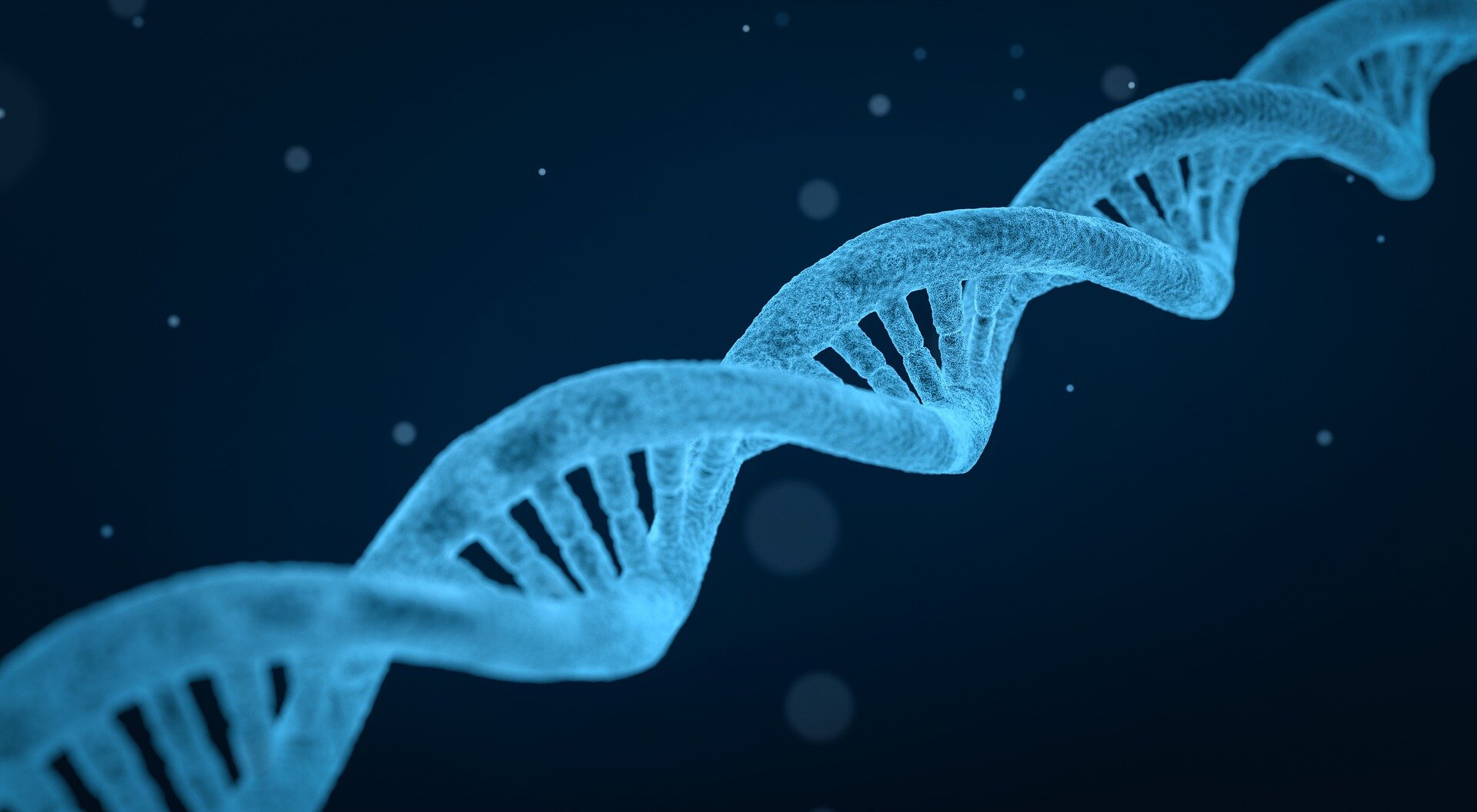
A new study looked at the effect of patient genetics on their response to secukinumab, an anti-IL17 therapy commonly used to treat inflammatory conditions including arthritis and psoriasis. No link was found between a patient’s genetic variants and their response to therapy. This study challenges the idea that genetics might significantly account for the variable responses to anti-IL17 therapy seen in the clinic.
Anti-IL17 therapies, including the monoclonal antibody secukinumab, are used to treat inflammatory and autoimmune conditions like psoriasis, psoriatic arthritis, rheumatoid arthritis, and ankylosing spondylitis. These drugs have been transformative for many people, but response to this drug can vary widely, with the drug having a rapid and strong effect on symptoms for some patients and smaller or no effect for others.
This variability in response is seen for all drugs used for these chronic diseases, and it has proved difficult to predict whether someone will respond well or not to a given drug. This makes it difficult to know which drug to prescribe to each patient, and means that many patients can spend many years moving from drug to drug before finding one they respond to.
A goal of precision medicine is to find genetic markers shared by different patients who respond well to a treatment. In the clinic, a patient’s DNA could then be analyzed and they could be given a treatment that will likely work for them.
As part of the Oxford Big Data Institute-Novartis Collaboration for AI in Medicine, an international group of researchers from academia and industry, based in Oxford, Basel, Shanghai, Dublin and the US, collaborated to find out if genetic patterns could predict response to anti-IL17 treatment. To do this, they gathered data on the genetics of over 5,000 patients from 19 clinical trials in which secukinumab had been given for psoriasis, psoriatic arthritis, rheumatoid arthritis, and ankylosing spondylitis.
The researchers conducted a genome-wide association study (GWAS) to look at each patient’s genetics, how they responded to treatment, and whether this revealed any common genetic patterns that could predict a good response to secukinumab. Results of the study were published in The American Journal of Human Genetics. Unfortunately, no genetic variants were found which could predict a patient’s response to secukinumab.
Dr. Luke Jostins-Dean, Sir Henry Dale Fellow at the Kennedy Institute of Rheumatology and joint corresponding author on the paper, said, “These results were surprising, as it was predicted that genetics might strongly influence whether someone responds to anti-IL17 therapy. In particular, genetics has a strong effect on who is likely to develop these diseases in the first place, but we found that the genetic predictors that put patients at risk of the disease did not seem to impact how easy these patients were to treat.”
“The results cast a doubt on whether genetics plays a role in a patient’s response to anti-IL17 therapy and whether genetics could be used to predict who would benefit the most from these treatments.”
“Despite the negative results,” said Luke, “the study adds to our deepening understanding of inflammatory and autoimmune diseases and where precision medicine can be best applied. The study also raises the question of what else could be causing the variable responses to anti-IL17 therapy, if it isn’t genetics.”
It is also still possible that variants exist which can predict treatment response, but they are too rare to be picked up by this study. This might be remedied by designing future GWAS studies with data from larger numbers of patients. As this was the first large GWAS study of the response to anti-IL17 therapy, it is important to understand how to best design them to find possible effects.
More information:
Cong Zhang et al, Response to anti-IL17 therapy in inflammatory disease is not strongly impacted by genetic background, The American Journal of Human Genetics (2023). DOI: 10.1016/j.ajhg.2023.08.010
Journal information:
American Journal of Human Genetics
Source: Read Full Article
